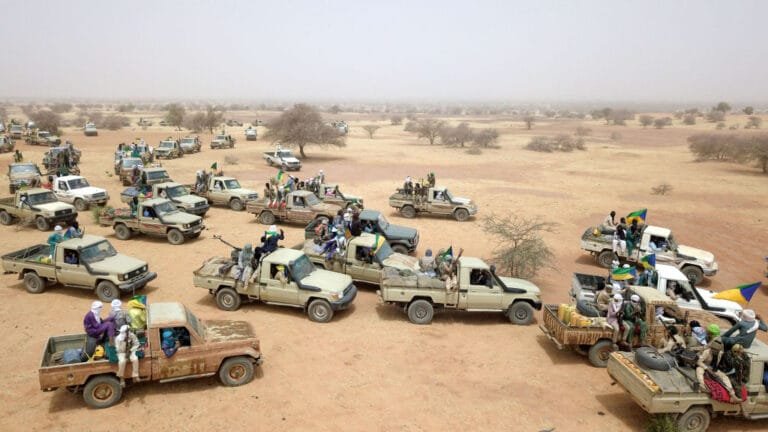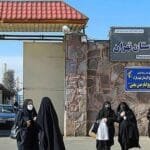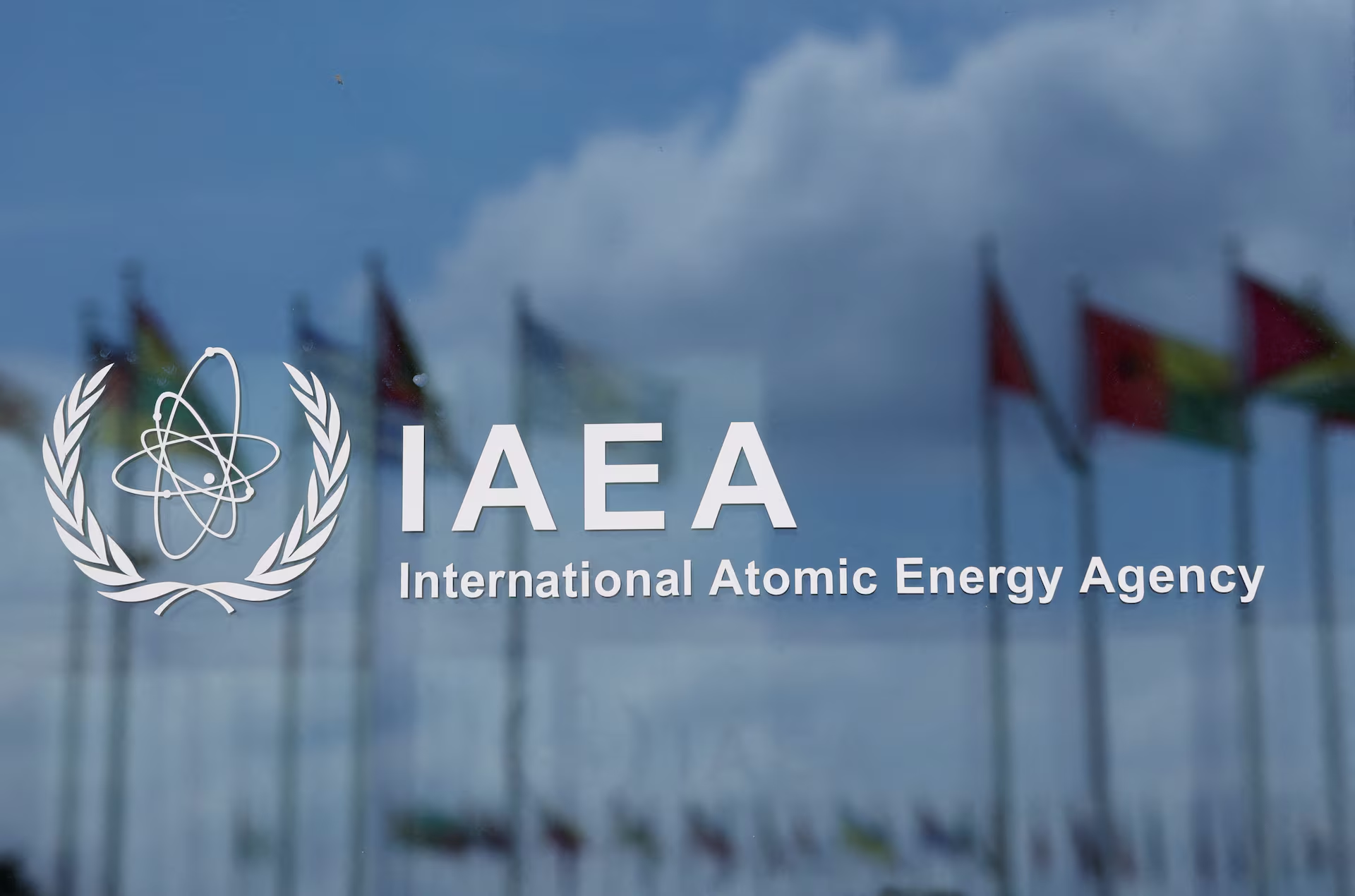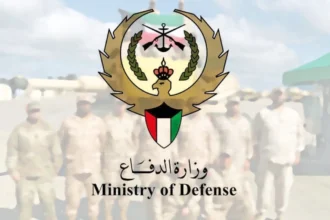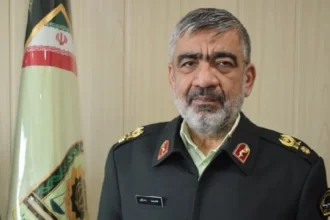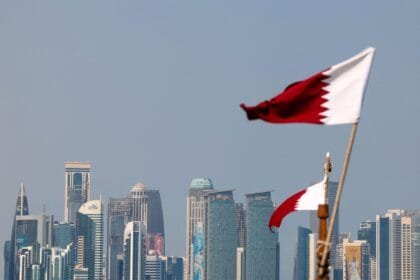Bamako, Mali – Mali has been experiencing a severe and unprecedented fuel crisis for weeks, which has led to a near-total paralysis in the capital, Bamako, and a number of major cities.
This came after the al-Qaeda-linked Nusrat al-Islam wal-Muslimin group imposed
a blockade on fuel supply routes in the central and northern parts of the country.
These developments led to escalating security and economic unrest,
Armed men set fire to oil tankers meant to supply the capital, in a new incident that highlights the escalating violence
and the targeting of the country’s vital infrastructure.
Complete paralysis and record high prices
Over the past few days, long lines of cars have stretched out in front of the few gas stations that are still operating.
While black market gasoline prices have more than tripled,
This exacerbated the suffering of the population and sparked widespread anger against the authorities.
The crisis also caused frequent power outages that exceeded ten hours per day.
This has forced many businesses, hospitals, and bakeries to close their doors or significantly reduce their operations.
“I searched all day and didn’t find a single open gas station,” a Bamako resident told local media.
Even motorcycles have stopped moving,” while another described the situation as “a state of mass panic that threatens an imminent social explosion.”
The Malian army intervenes and groups threaten
In an attempt to control the situation, the Malian army deployed forces to secure fuel tanker convoys coming from coastal ports,
However, the Nusrat al-Islam wal-Muslimin (JNIM) group has threatened to target
any truck escorted by government forces, making the supply operation particularly risky.
Observers believe that these attacks aim to weaken the transitional government
and force it to negotiate with armed groups.
It effectively controls large areas of the central and northern parts of the country, despite joint military operations with Russia’s Wagner Group.
Serious repercussions for security and stability
Analysts agree that the oil tanker fire incident represents a dangerous escalation in the security situation.
This time, armed groups are targeting the country’s economic lifeline.
This is in an attempt to impose its control and create a new reality that confuses the government and increases popular pressure.
The repercussions of the crisis are expected to expand to include the transportation, energy,
and health sectors, unless urgent solutions are found.
Ensure the resumption of supplies and secure the main roads between Bamako and the southern and eastern regions.






